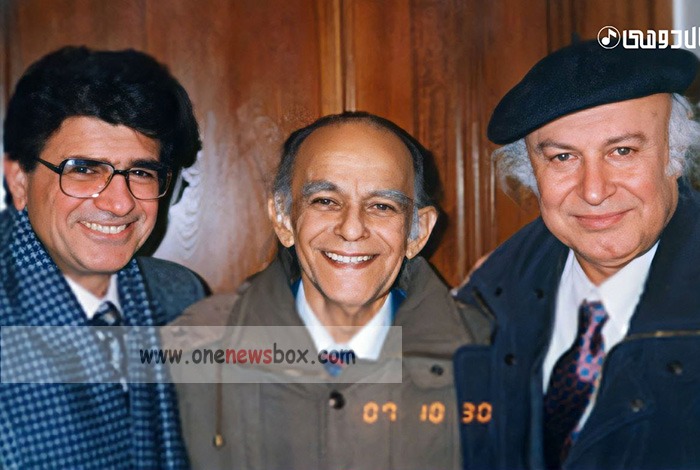Fereydoun Moshiri’s poetry is best understood through the central themes that dominate his work:
-
Love and Human Emotion
-
His verses often express deep feelings of love, intimacy, longing, and tenderness. Unlike some modernist poets who sought to detach from personal emotion, Moshiri embraced the lyrical tradition of Persian poetry while giving it a contemporary resonance.
-
-
Nature as a Living Force
-
Nature occupies a central role in his poetry. Mountains, rivers, flowers, and gardens appear not merely as decorative images but as active participants in the emotional world of his poems. His connection to nature reflects both Persian classical tradition and romantic influences.
-
-
Social and Humanitarian Concerns
-
While known for lyrical subjects, Moshiri also addressed social issues such as injustice, poverty, and human suffering. He sought to use poetry as a means of promoting empathy and solidarity.
-
-
Bridging Tradition and Modernity
-
His works reflect a conscious attempt to balance the rich legacy of Persian classical poetry with the demands of a modern, changing society. He admired poets such as Hafez and Saadi but also responded to the literary movements of the twentieth century.
-

